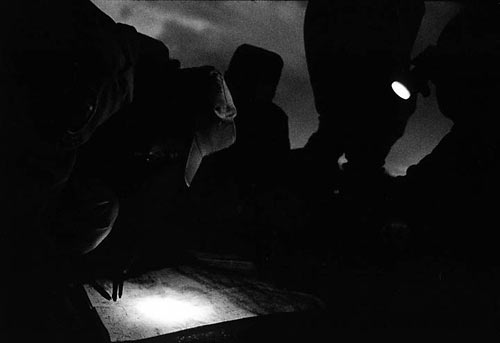
|
 |
|
Third Place
Patrick Brown Panos Pictures
"Black Market"
|
•
•
•
•
•
•
•
•
•
•
1 of 10
|
 |
|
From the pristine jungles of Cambodia to the great
national parks of India and Nepal, Asian wildlife
is being plundered and trafficked on an unprecendented scale. Booming
markets created by globalisation and the ease of smuggling has boosted this
trade to new and uncontrollable levels. It is estimated that wildlife
traders export 25,000-30,000 primates every year-along with 2-5 million
birds, 10 million reptile skins, and more than 500 million tropical fish.
The exploitation of wildlife is centuries old. Thirteenth-century Cambodia
boasted thriving markets for tigers, panthers, bears, wild boars, stags and
gibbons. China has long pillaged the animal world for its supposed medicinal
benefits, and today remains one of the trade's biggest players. With the
arrival in Asia of European colonialists, and soaring demand from Japan, Taiwan
and South Korea, the killing rose to the record levels we see today. Some
animal parts have been embued with near-magical properties. Superstitious
Chinese believe eating the flesh of a tiger will give them some of the
animal's strength, while tiger's penis is highly prized as an aphrodisiac.
Countless other animal parts - rhinocerous horn, shark fin, bear gall
bladder, monkey brain - have been credited with similar potency. Scientific
studies have proved these beliefs wrong, yet the trade of animals continues
largely unchecked, fueled by ignorance, greed and corruption. The animal
trade is now so large it could have irrevocalbe consequences for life on our
planet. More and more species now stand at the verge of extinction. The
disappearance of key animlas such as tigers disrupts the food chain, which in
turn affects the balance of nature. In India, environmental abuse and the
annihilation of animal has turned lush jungles into empty deserts. Similar
nightmare scenarios ar ebeing played out across the globe. Attempts to
halt the animal trade have so far been too little, too late.
|
|
|




